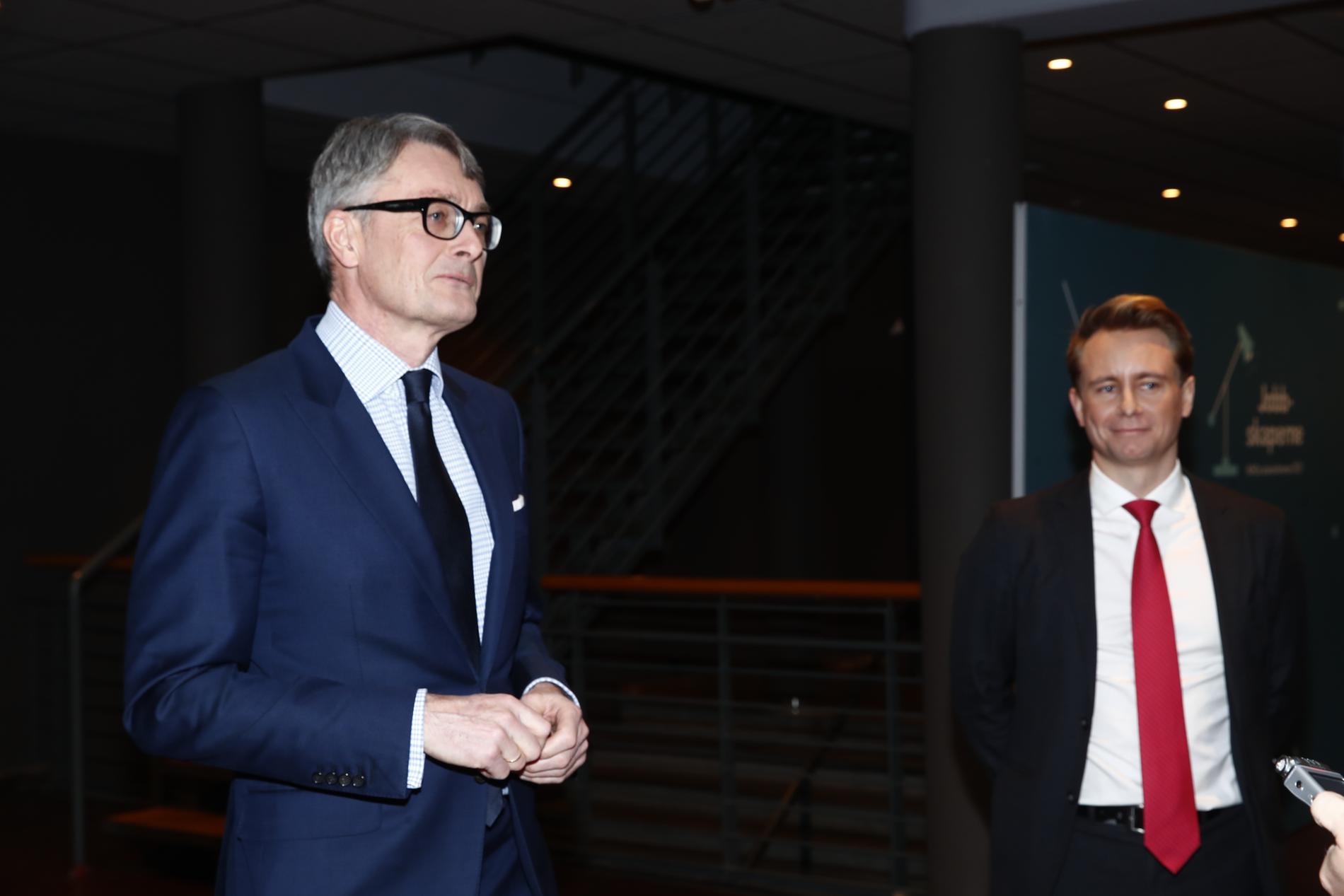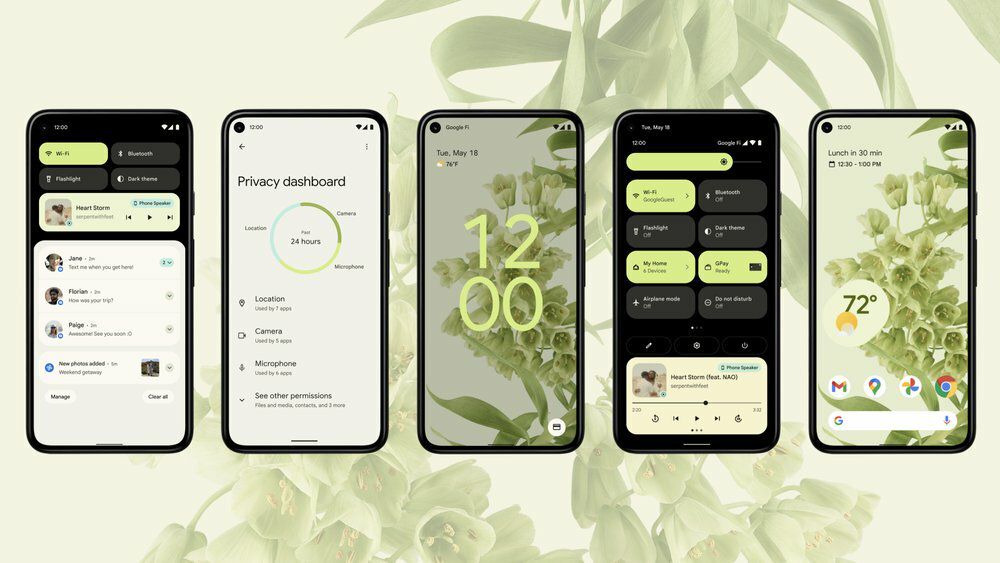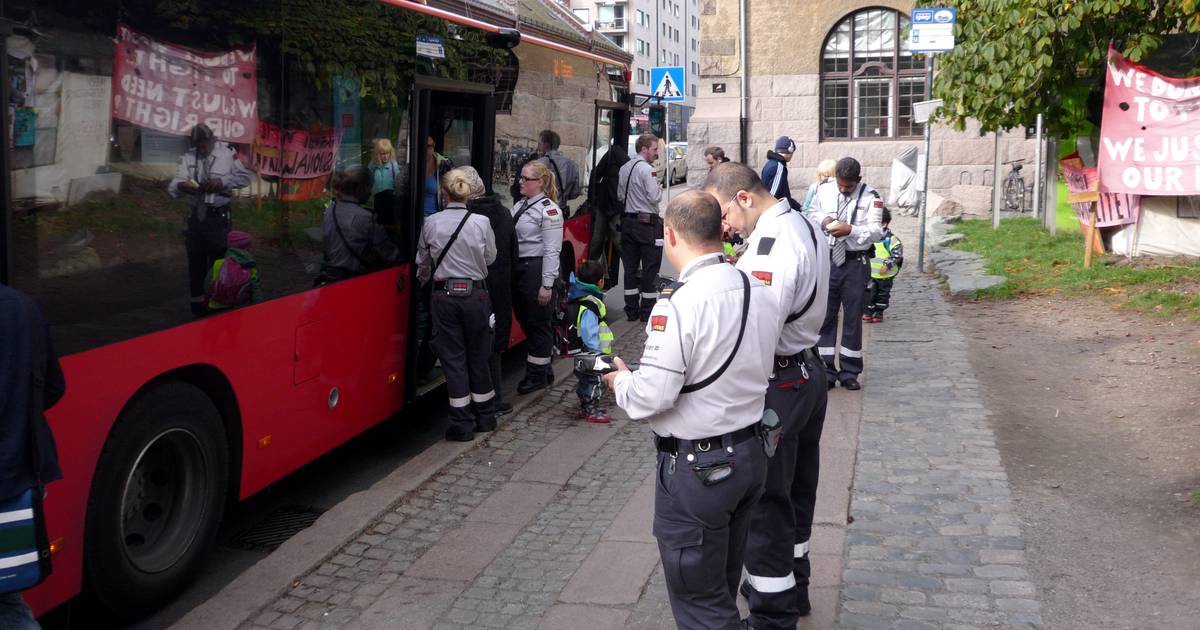Renewable energy company Kjell Inge Røkke will build a giant ammonia plant in Narvik. But right now they don’t get enough power access.

In March this year, Aker Horizons, Kjell Inge Røkke’s company that invests in the renewable energy sector, asked the Ministry of Trade and Industry for help.
They needed a letter of support to apply for funds from the EU Innovation Fund in connection with a hydrogen and ammonia project in Narvik.
“The letter of support will not bind the ministry in any way, rather it will be ‘moral’ support from the ministry for a project that guarantees significant reductions in carbon dioxide emissions in the EU. Perhaps the Norwegian authorities can gain some goodwill in the long term by providing such support.” , as this will help ease the EU energy situation. The deadline for applying to the EU is next week, so ideally this letter of support should be available this week,” Commercial Director Stein Nestfold wrote in an email to the ministry. .
Read also
We will investigate the electrification of ammonia production: – a good sign
A week later, the company received a letter of support signed by Industry Minister Jan Christian Vestry.
At the same time, the company has already received Denial of access to the electricity network by Statnett.
Need more than Melkøya
Aker Horizons will build Europe’s largest green ammonia plant. It requires large amounts of energy. Nordkraft Industrinett, the company’s partner in Narvik, has booked a 230 MW site capacity for an ammonia plant.
When fully operational, this would correspond to about 2 TWh per year. By comparison, it is estimated that electrification of the Equinor gas plant in Melkøya would require up to 3.6 TWh.
But this is not enough to realize Aker Horizons’ plans. After being rejected by Statnett, they applied again for additional access to the power grid, say asset development chief financial officer Christopher Dahlberg and development director Sverre Isak Bjørn at Aker Horizons.
They won’t say exactly how much more they’ve applied for, but the plant’s capacity is planned to be 600 megawatts, or about 5 TWh annually.

– Can the project be achieved if you do not get a larger capacity?
– We’re relieved that we’ve already got a lot of network capacity. But to achieve such a massive project that we’re looking at here, we need additional capacity, says Bjorn.
Rely on new Statnett guidelines
The company has the good faith that it will get more network capacity from Statnett. A quota of the required actual capacity was secured, and customers in Germany signed letters of intent.
Bjorn and Dahlberg laugh at the question if receiving a letter of support from the government isn’t an annoyance, but rather a refusal from Statnett.
– If it’s annoying? “We feel the dialogue with Statnett is very good,” says Bjorn.

The rejection of several projects in Northern Norway in January must be seen in the context of how Statnett prioritizes online applications. Before it was “first come, first served”, now more importance should be given to project maturity. Against that backdrop, Statnett asked companies to apply again, Dahlberg says.
– Will there be ‘hunger games’ about capacity in Narvik, or how is the battle for access going now?
As of today, there are no clear guidelines from Statnett. Bjorn says it’s being worked on.
There’s a greater focus on maturity, says Dahlberg, and he lists three factors: commercial maturity — that is, for example, whether you can show buyers, technical maturity — that you have the graphics ready to develop, financial maturity, and how well you’ve raised Sufficient funds for construction.
So Aker Horizons believes it can be given priority over less developed green projects in the region. They also believe that enough capacity will be built for a project of this size to be profitable.
– I N04N04Northern Norway stream area Is there an excess of strength, that is one of the reasons why we have established ourselves there. Then it is easy to make a lot of plans for how to use this energy, at least there are a lot of plans in the early stage. If you assume they each get something, a deficit quickly sets in. But we have a surplus that we eat first, and we’re pretty sure there will be, Dahlberg says.
– It won’t come overnight
– Oh, did I write it? Yes, there’s a lot going on, says Industry Minister Jan Christian Vestre, who doesn’t have strong memories of the letter of support for Aker Horizons.
He points out that such messages are becoming more common, now that Norway is tying more and more closely with the EU on green projects, including through the Innovation Fund and IPCEIIPCEIThe EU programs are called “Significant Projects of Common European Interest”. Norway is involved in two projects – one for hydrogen and the other for battery technology. -He is.
Someone might learn how to forge your signature soon?
– No haha. That should be fine, there is no mechanism in sending these letters of support. There is a lot of money in the EU system, Pfister says, and it is important that we put Norway in a position to get the biggest return possible.
Could Aker Horizons end up getting EU funding, but not getting electricity?
Aker’s development in Narvik won’t happen overnight. The development of more power, new networks and factories must go hand in hand. After that, the company already has a critical connection, so I think they can start there and build in parallel as more of the grid and electrification comes in, Pfister says.
– but it’s clearly a challenge. We want to double Norwegian energy production within 20 years. It requires us to make decisions now, not to do what I hear some advocate and put the brakes on floating offshore winds. If we do, it will effectively prevent the achievement of our climate goals and, not least, the realization of the promise of green industry.

“Web specialist. Lifelong zombie maven. Coffee ninja. Hipster-friendly analyst.”

:quality(70)/cloudfront-eu-central-1.images.arcpublishing.com/mentormedier/BSUGVT3YFRECJCXI5NXLGVVI4E.jpg)

